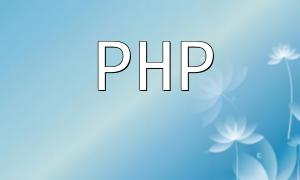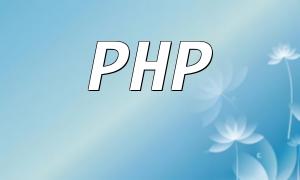In today's internet era, PHP is a widely used server-side programming language in web development. Optimizing PHP code is essential not only for enhancing website performance but also for improving user experience. Specifically, page load time is crucial—delays of over 3 seconds may lead to user drop-off, and search engines may lower the page's ranking as well. Therefore, optimizing PHP code is key to improving page load speed and achieving desired results.
To ensure your PHP code runs efficiently, here are several best practices to follow:
Avoid repeating calculations in the code and try to store the results in variables. This reduces unnecessary overhead and improves code execution efficiency. For example:
Implementing caching can significantly speed up website access. You can use memory caching (like Redis or Memcached) or page caching to store pre-generated web content, reducing the frequency of database queries and improving overall performance.
Database performance directly affects the overall effectiveness of your PHP application. Here are some database optimization suggestions:
In addition to performance optimization, applying SEO techniques can significantly improve your website's ranking in search engines. Here are several practical strategies to boost SEO performance:
Ensure the generated URLs are clear, concise, and contain relevant keywords. Friendly URLs are not only user-friendly but also help search engines better understand the content of the page. For example:
Make sure the page content includes relevant keywords. Proper keyword distribution helps search engines understand the page topic and boosts ranking. Remember, avoid keyword stuffing for SEO purposes, as it can harm user experience.
Responsive design ensures that the website displays well across various devices. Google favors websites that provide a good user experience on all devices, making responsive design a key factor in search engine rankings.
By implementing PHP performance optimization and applying SEO techniques, you can not only improve website load speed but also achieve better search engine rankings. This includes efficient PHP code, optimized database queries, user-friendly URL design, and optimized content. By continuously improving, your PHP website will become more competitive and attract more visitors.









